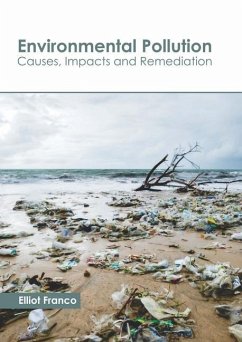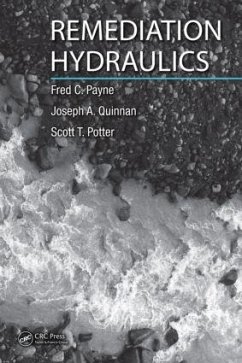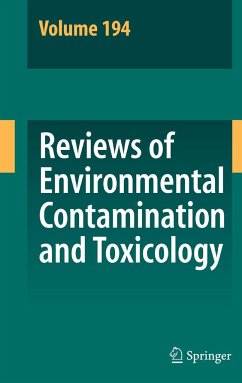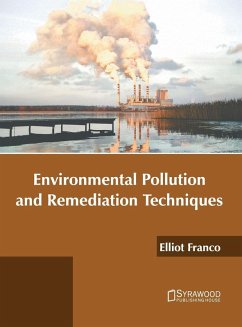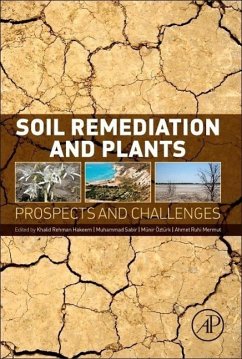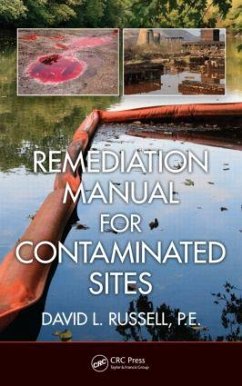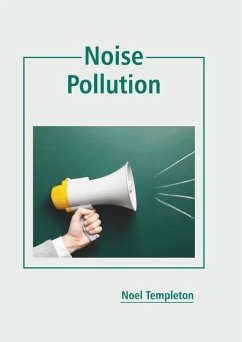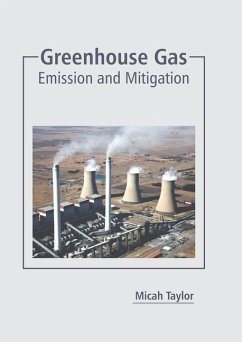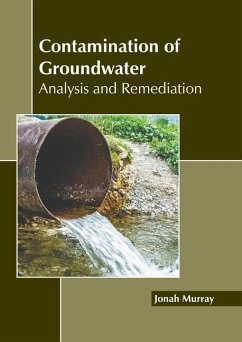
Contamination of Groundwater: Analysis and Remediation
Versandkostenfrei!
Versandfertig in über 4 Wochen
129,99 €
inkl. MwSt.

PAYBACK Punkte
65 °P sammeln!
Groundwater refers to the fresh water that seeps into the soil. It is stored in the minuscule spaces between soil particles and rocks known as aquifers. Entry of substances such as road salts, gasoline, chemicals and oil in the groundwater leads to groundwater contamination. Contaminated groundwater is hazardous for human consumption. Other possible sources of groundwater contamination include uncontrolled hazardous waste, atmospheric contaminants, landfills and septic systems. Groundwater remediation is the process of treating polluted groundwater by either eliminating the contaminants or tra...
Groundwater refers to the fresh water that seeps into the soil. It is stored in the minuscule spaces between soil particles and rocks known as aquifers. Entry of substances such as road salts, gasoline, chemicals and oil in the groundwater leads to groundwater contamination. Contaminated groundwater is hazardous for human consumption. Other possible sources of groundwater contamination include uncontrolled hazardous waste, atmospheric contaminants, landfills and septic systems. Groundwater remediation is the process of treating polluted groundwater by either eliminating the contaminants or transforming them into harmless products. Abiotic redaction, chemical precipitation, biotic reduction, and adsorption and ion exchange are the four biological, chemical, and physical uptake mechanisms used in the remediation of contaminated groundwater. This book is a compilation of chapters that discuss the most vital concepts and emerging trends in the analysis and remediation of groundwater contamination. It will serve as a valuable source of reference for graduate and postgraduate students.



